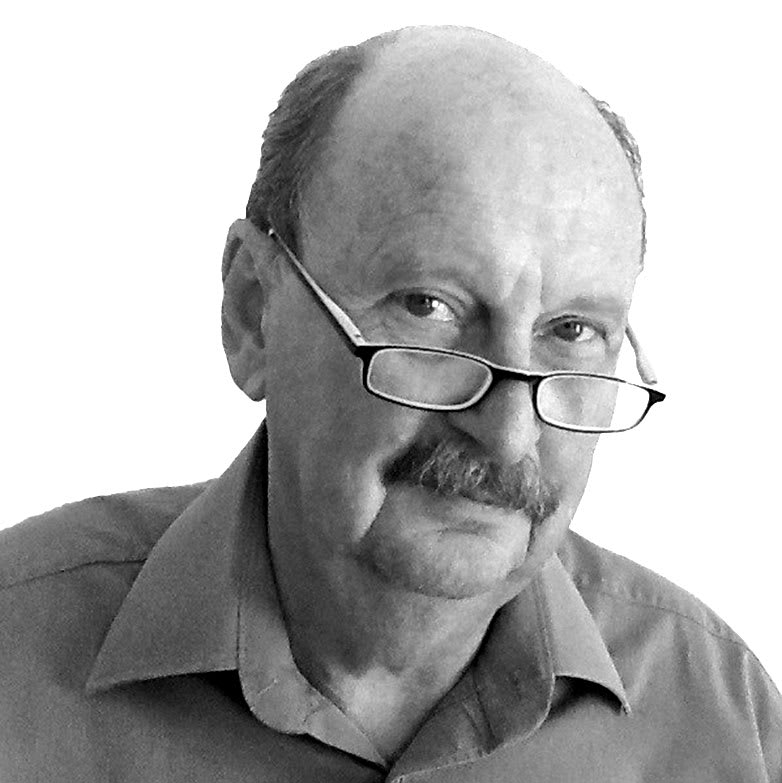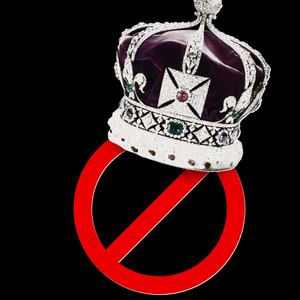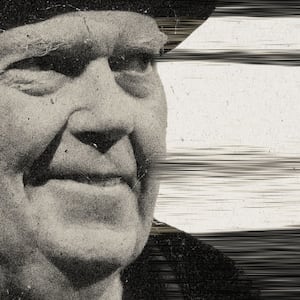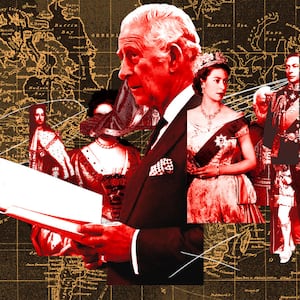What type of king will Charles III be?
This is a question I have been asked many times during recent days. As a scientist, I might be good at establishing facts, but I have to admit I am lousy at reading tea leaves. The best answer I can offer is one based on Charles’ track record in my area of expertise.
In his role as Prince of Wales, Charles promoted all sorts of “alternative” nonsense for 40 years. His anti-scientific stance went so far that he once even stated that he is proud of being an enemy of the enlightenment. But his favorite type of quackery has always been homeopathy.
The royal family’s love affair with this therapy is as old as homeopathy itself and can be seen in numerous guises. Homeopathy became part of the U.K. National Health Service (NHS) from its beginning in 1948—not least because of royal support.
Queen Elizabeth II was the patron of the Royal Homeopathic Hospital in London. Charles has lobbied U.K. politicians in support of homeopathy and, in 2019, he became a patron of the “‘Faculty of Homeopathy,” the professional organization of medical homeopaths in the U.K.
Why can I claim with confidence that homeopathy is nonsense?
Homeopathic remedies can be based on plants or any other material; a famously ridiculous remedy, for example, is made of the Berlin Wall.
The remedies are typically so dilute that they contain not a single molecule of the substance advertised on the bottle. The most frequently used dilution—homeopaths call them “potencies”—is called a ‘C30’. A C30-potency has been diluted 30 times at a ratio of 1:100.
This means that one drop of the starting material is dissolved in 1,000,000,000,000,000,000,000,000,000,000,000,000,000,000,000,000,000,000,000,000 drops of diluent—which equates to less than one molecule of the original substance per all the molecules of the universe.
Homeopaths assume that their remedies work not on a material level, but via a mysterious “vital energy.” The process of preparing the homeopathic dilutions, they claim, transfers this “energy” from one to the next dilution. They also believe that the process of diluting—homeopaths call it “potentization”—renders their remedies not less, but more potent.
Homeopathy follows the “like cures like” principle: if, for instance, a patient suffers from runny eyes, a homeopath might prescribe a remedy made of onion, because onion makes our eyes water. If you suffer from sleeplessness, you might get a prescription of coffea arabica because coffee keeps us awake.
It is undeniable that the assumptions of homeopathy contradict the known laws of nature. In other words, we do not fail to comprehend how homeopathy works, as enthusiasts like King Charles tend to claim, but we understand that homeopathy cannot work beyond placebo.
Yet, the acid test of any therapy must be the clinical trial, and around 500 clinical trials of homeopathy are available today. The totality of the most reliable studies fails to show that highly diluted homeopathic remedies are more effective than placebos. Numerous official statements from various countries acknowledge this fact and confirm the absurdity of homeopathy, for instance:
"There's no good-quality evidence that homeopathy is effective as a treatment for any health condition.” (NHS England)
“The principles of homeopathy contradict known chemical, physical and biological laws and persuasive scientific trials proving its effectiveness are not available.” (Russian Academy of Sciences)
“Homeopathy should not be used to treat health conditions that are chronic, serious, or could become serious. People who choose homeopathy may put their health at risk if they reject or delay treatments for which there is good evidence for safety and effectiveness.” (National Health and Medical Research Council, Australia)
“The incorporation of anthroposophical and homeopathic products in the Swedish directive on medicinal products would run counter to several of the fundamental principles regarding medicinal products and evidence-based medicine.” (Swedish Academy of Sciences)
However, as many patients do get better after taking homeopathic remedies, enthusiasts are convinced that they are right and science is wrong. They studiously ignore the fact that the symptomatic improvement is merely the result of a lengthy encounter with the homeopath, a placebo-response or other factors unrelated to the remedy itself.
Even the widespread notion that homeopathy can do no harm is not true. Whenever homeopaths advise patients to forgo effective conventional treatments, they are likely to cause significant harm. A highly diluted homeopathic remedy may well be risk-free, sadly this cannot be said of the homeopath.
Charles’ long-term advocacy of homeopathy—in the face of the mounting evidence against it—has damaged his credibility in science. It also exemplifies the failure of his 40 years of promoting alternative medicine. When Charles first sided with homeopathy, the U.K. had five homeopathic NHS hospitals. Today, there are none that carry the name. When he started on his mission, the NHS reimbursed the costs of homeopathy. Today, this is no longer the case.
So, does Charles’ track record provide any hints as to his future behavior in his role as king? Will he abandon his love affair with all things alternative?
I very much doubt it!
Yes, he will have to stop making public proclamations, but his new influence as the head of state will enable him to pull strings behind the scenes.
Why should we be concerned about this?
In the interest of the patient, healthcare must be based on the most reliable evidence available to date. When powerful people contradict the scientific consensus, when they use their influence to interfere with healthcare politics, and when they pretend that their opinion amounts to evidence, they stand in the way of progress.
And when an enemy of the enlightenment ascends to the throne, the many anti-scientists across the world will be even more empowered than they already feel.
(P.S. More on Charles’s love affair with homeopathy and other bogus treatments can be found in my recent book entitled Charles, The Alternative Prince: An Unauthorised Biography.)








